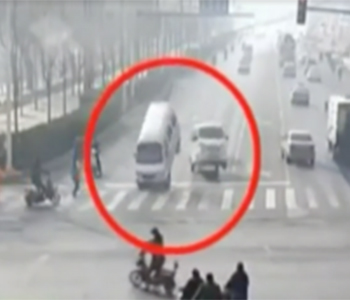5 Steps to Be Phenomenal with Phenomena
By Lorraine (Maafi) Cook
What makes great phenomena bones that are strong enough to support an entire unit?
At Mosa Mack, we use a simple strength test to determine well built phenomena -- we consider how many questions are elicited from students when the phenomenon is observed. Other desired attributes include that the phenomenon is fascinating, perplexing, intriguing, and complex.
So, how can you maximize questioning and the desire to figure it out?
Start with the Standard
To choose our anchor phenomena, we start with the focus NGSS performance expectations and evidence statements to set the learning goals. Our teacher team then scours the internet for the most relatable and effective observable scenarios.
Choose the Irresistibly Fascinating
A great example used in Mosa Mack’s CASE 2022 session, called Teaching With Phenomena, is the Levitating Car Mystery. This phenomenon anchors our unit on Force and Motion and asks students to solve a live, caught-on-camera, video mystery where the cars and trucks appear to be levitating.

Let the Speculation…
After observing the scene, students share what they think is happening. “There are big magnets on either side of the road”, “It is a windy day”, “An earthquake must have occurred”, and my favorite, “There’s a ghost!”. All ideas, no matter how fantastic, are welcome.
The questions that the students generate about the scenario are equally as fascinating, “Why are only two vehicles affected?”, “Is gravity still happening?”, “Something has to be applying a force to make the cars move like that”. Yes, content vocabulary starts to show up without any preloading!
… and Modeling Fly
Perfect. That brings us to an initial proposal that a ghost was the cause. Are their ideas investigable? Here, students recreate their observations of the scenario using provided materials. They also construct explanations of any similarities and differences to the scenario that they find in their models.
Make a Big Deal of the Big Reveal
In their investigative work performed so far, students have done the critical task of trying to figure out and model what is going on. Now they get to learn that the cars weren’t defying gravity, nor were ghosts or earthquakes involved. Turns out, there was a downed cable stretched across the road. As a street sweeper went by, the cable got caught in the rotor of the sweeper, making it taut, and lifting the vehicles traversing the roadway over the cable. Solved! Explained! Affirmed!
Try these simple steps that we use at Mosa Mack, and you, too, will be Phenomenal with Phenomena.






